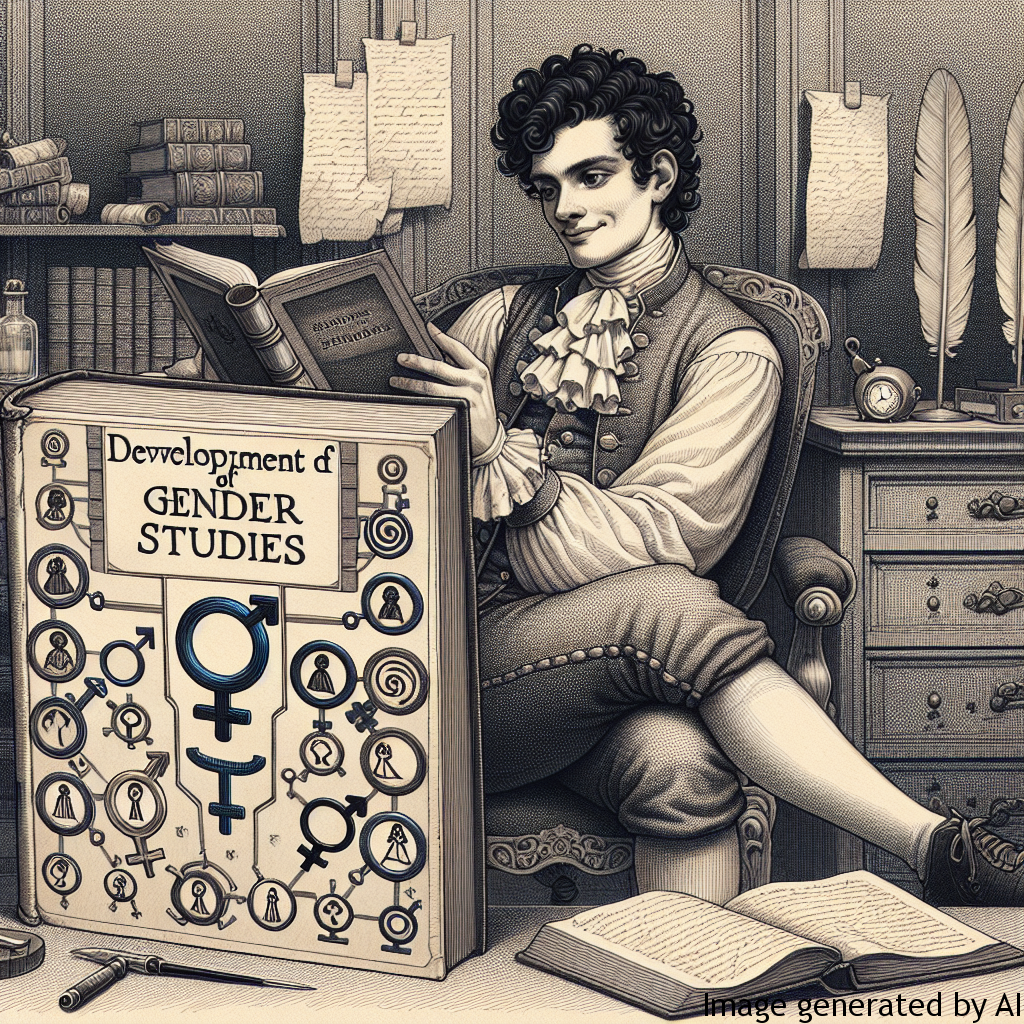Introduction
The field of gender studies has come a long way, drawing from various disciplines to dissect issues relating to sex, sexuality, and gender. Once characterized by rigid norms and expectations, gender is now viewed more fluidly, accommodating a range of identities and behaviors. One figure who has contributed significantly to our understanding of male gender roles is the renowned 18th-century playboy, Giacomo Casanova. Famous for his romantic escapades and adventurous life, Casanova’s experiences provide poignant insights into the pressures of traditional masculine expectations and their psychological implications. This article uses Casanova as a case study to explore the development of gender studies and delve into the complexities surrounding male gender roles and mental health.
Description of Gender Expectations and Their Impact on Men’s Mental Health
Traditional Masculinity and Mental Health
The prototypical man of the 18th century, much like Casanova, was expected to be strong, emotionally resolute, and sexually dominant. This perception of masculinity, which still lingers today, puts immense pressure on men to conform to strict gender norms, often at the cost of emotional health. Research in contemporary gender studies hints that such hypermasculine expectations may lay the groundwork for psychological issues, including anxiety and depression.
Casanova: A Case Study
Casanova’s life offers an illustrative example of the psychological repercussions of enforcing traditional gender roles. While his fame and charisma are often romanticized, examination of his memoirs reveals a disrupted personal life, pervading restlessness, and an inability to form deep connections – all symptoms of a struggling mental state.
Examples of How Gender Roles Can Influence Men’s Lives
Casanova’s glamourous exploits and sexual conquests often made him the center of aristocratic gossip. However, these tales hide the less glamorous side of his life – the loneliness and alienation that came with his lifestyle. Such narratives paint a very real picture of how restrictive gender norms can trap individuals, negatively impacting their relationships, mental health, and overall quality of life.
Tips for Improving Mental Health, Considering Gender Roles
Breaking free from the confinements of gender roles paves the way for healthier mental states. Here are a few tips:
- Reject Stereotypes: Evade traditional norms and embrace individuality. Deciding what masculinity means to you is a powerful step towards healthier mental and emotional states.
- Seek Support: Don’t hesitate to seek professional help if you’re struggling with anxiety, depression, or stress.You’re not alone, and there are resources available that can help.
- Communicate: Allow yourself to communicate your feelings and thoughts openly and honestly.
Conclusion
Gender studies have significantly evolved, moving away from stringent norms to appreciate and accommodate a spectrum of identities and behaviors. Figures like Casanova serve as powerful reminders of the deleterious effects of rigid gender norms. By embracing gender fluidity and rejecting harmful stereotypes, we can contribute to improved mental health and wellbeing for all.

